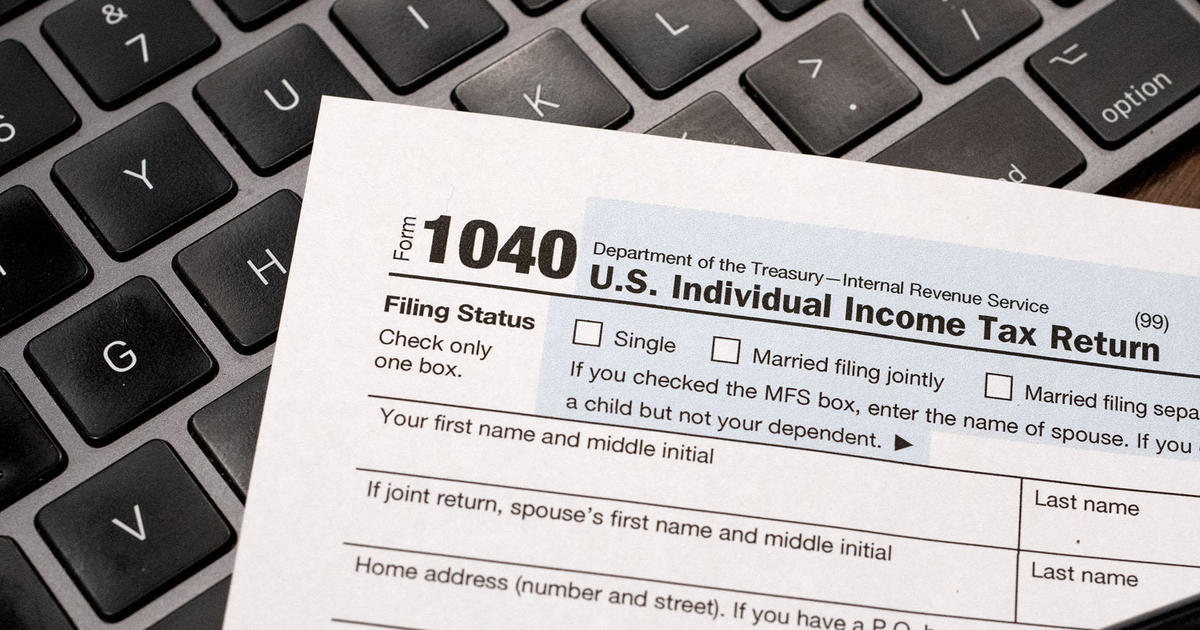Money Matters - Taxing Times: IRS Audit Red Flags
BOSTON (CBS) - Kiplinger magazine also publishes The Kiplinger Tax Letter and last December it had an article that caught my attention, IRS Audit Red Flags: The Dirty Dozen. So I thought I would summarize what the article said. You can link to the article directly from our website here at WBZ.
Podcast
1. Failure to report all taxable income.
The IRS receives copies of all 1099s and W-2s that you receive during a year, so make sure that you report all required income on your tax return
2. Returns claiming the home-buyer credit.
If you claimed the home buyer credit be prepared for IRS scrutiny.
3. Claiming large charitable deductions.
If your charitable deductions are disproportionately large compared to your income, it raises a red flag.
4. Home office deduction.
The IRS is always interested in this deduction, because history has shown that many people who claim a home office basically shouldn't.
5. Business meals, travel and entertainment.
Schedule C is filled with tax deductions for the self-employed. But IRS agents know from past experience that self-employed individuals tend to claim excessive deductions.
6. Claiming 100% business use of vehicle.
Another area that is ripe for IRS review is use of a business vehicle. Claiming 100% business use for an automobile on Schedule C is a hot button for IRS agents.
7. Claiming a loss for a hobby activity.
If you have wage income and file a Schedule C with large losses and if your Schedule C loss-generating activity sounds like a hobby…horse breeding, car racing, the IRS pays attention.
8. Cash businesses.
Business owners in cash-intensive businesses like taxi drivers, car washes, bars, hair salons, restaurants are a target for IRS auditors.
9. Failure to report a foreign bank account.
The IRS is intensely interested in people with offshore accounts, especially those in tax havens. U.S. tax authorities have had some recent success in trying to get foreign banks (such as UBS in Switzerland) to disclose information on U.S. account holders.
10. Engaging in currency transactions.
The IRS gets reports of cash transactions in excess of $10,000 involving banks, casinos, car dealers and other businesses, plus suspicious activity reports from banks and disclosures of foreign accounts.
11. Math errors.
Big mistake. Use a calculator or e-file.
12. Taking higher-than-average deductions.
If the deductions on your return are disproportionately large compared to your income, the IRS audit formulas consider this when selecting returns for examination.
Read more: Kiplinger.com



